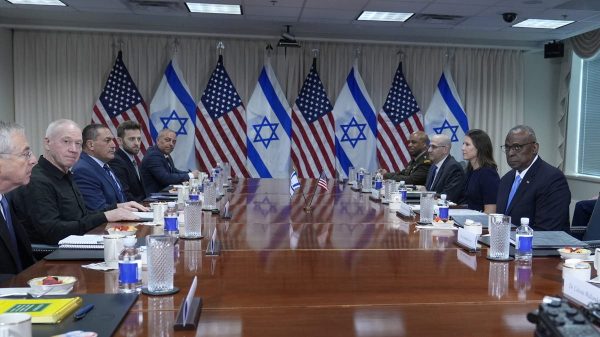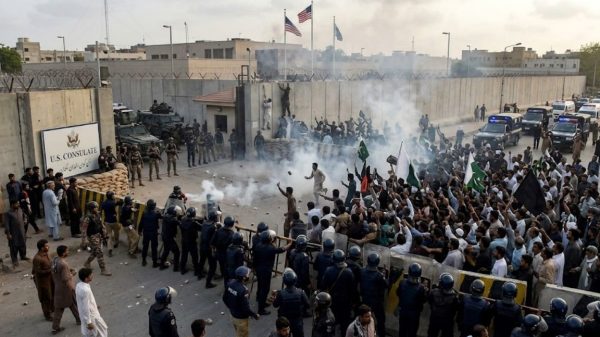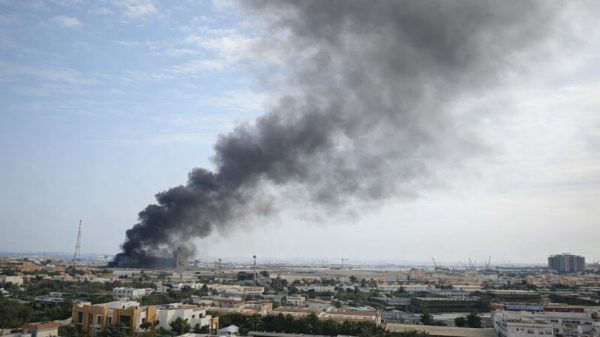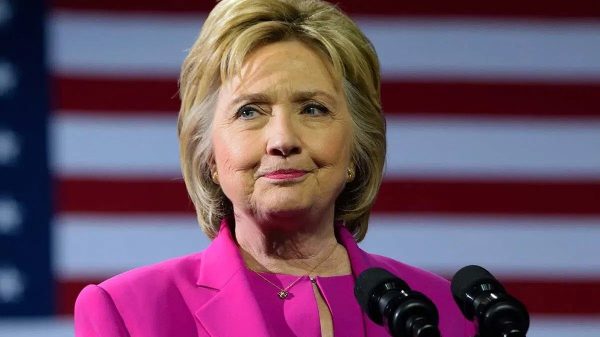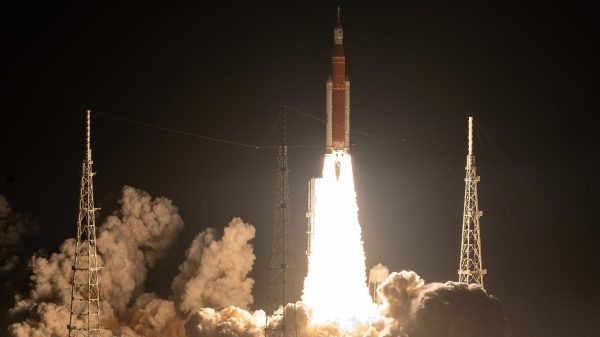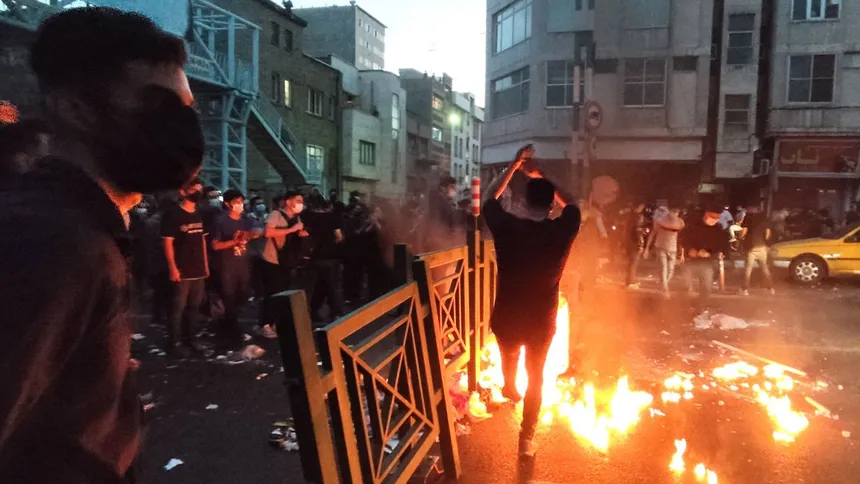The Iranian regime has executed three men accused of violence during last year’s anti-government protests, sparking widespread condemnation from human rights groups and the United Nations. The executions, which come as Iran faces widespread international criticism for its human rights record, have been met with outrage by the international community, with the US envoy for Iran calling them an “affront to the human rights and basic dignity of all Iranians.”
The protests, which began in September 2022 following the death of 22-year-old Mahsa Amini, who had been detained by the country’s morality police for allegedly violating its strict Islamic dress code, rapidly escalated into calls for the overthrow of the theocracy that has ruled Iran since the 1979 Islamic Revolution. The demonstrations, which saw thousands of people take to the streets, were characterized by defiance and acts of civil disobedience, including the refusal by some women to wear the mandatory Islamic headscarf.
The men executed, Majid Kazemi, Saleh Mirhashemi, and Saeed Yaghoubi, were accused of killing a police officer and two members of the paramilitary Basij group in Isfahan, Iran. However, human rights groups have criticized the trials, saying they were secretive, lacked due process, and relied on forced confessions obtained through torture.
The executions come as Iran has executed at least 582 people so far this year, up from 333 in 2021, with many of those killed being accused of crimes such as drug violations and “enmity against God.” The surge in executions has drawn criticism from UN officials and human rights activists, who have called on the Iranian government to reform its justice system and respect the rights of its citizens.
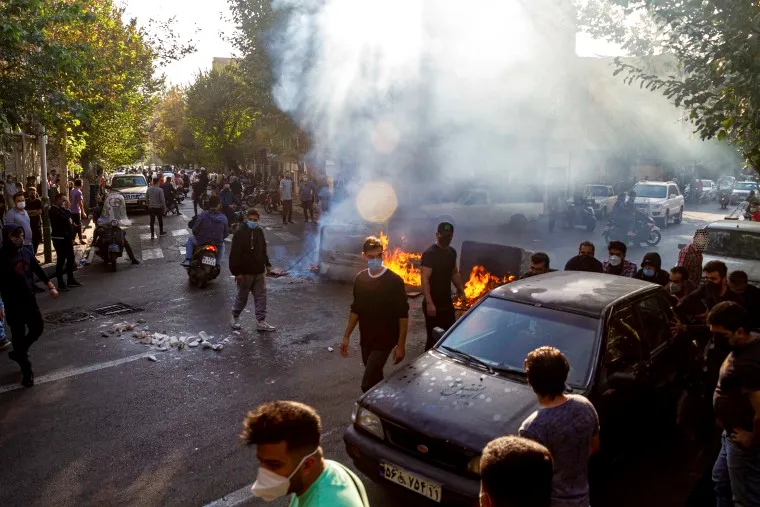
Men Executed for Anti-Government Protests
The case of Mahsa Amini remains a powerful symbol of the country’s treatment of women and the ongoing struggle for human rights and freedom. Her death sparked a wave of protests across Iran, with millions of people taking to the streets to demand justice and an end to the government’s oppressive policies. Her case has also galvanized international support for the Iranian people, with Amnesty International describing it as a “global rallying cry for Women Life Freedom.”
The US has also criticized Iran’s use of mass arrests, killing of protesters, and denial of due process, and has vowed to continue standing with the Iranian people and exposing the government’s human rights abuses. The executions of the three men have also been met with condemnation from the United Nations, which has called on the Iranian government to respect the rights of its citizens and end the use of the death penalty.
As the world continues to condemn Iran’s human rights record, the executions of the three men are a stark reminder of the country’s brutal treatment of its citizens and the importance of protecting human rights and basic dignity. The international community must continue to stand with the Iranian people and demand that the government respect the fundamental human rights of its citizens, including the right to life, fair trial, and freedom of expression.

